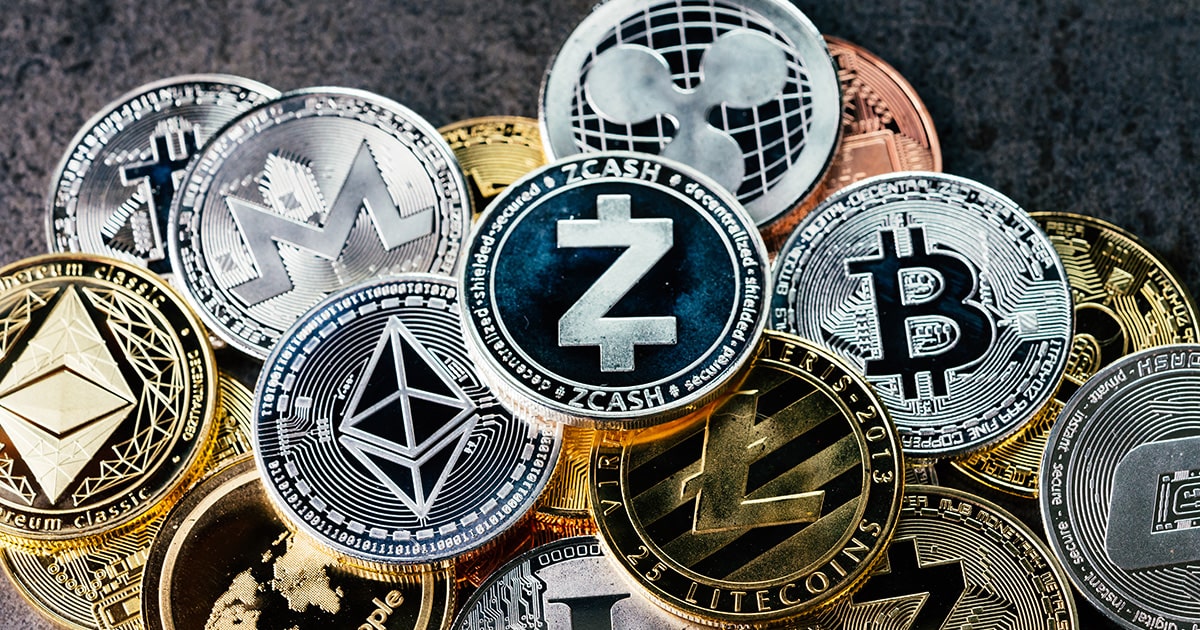India crypto bill driven by RBI’s CBDC trial

The Indian cryptocurrency bill set to make illeghal non-government-issued cryptocurrencies and legalise central bank digital currencies (CDBCs) is likely spurred on by the Indian government’s plans to launch its own CDBC trial in early 2022.
According to Chris Dinga, Payments Analyst at GlobalData, the bill’s latest proposed framework would curb the accumulation of funds into a volatile, unregulated market. Dinga also said the nature of crypto technology means the government has less control of the economy as more people invest in the decentralised network.
“The lack of steady agreement has enabled the cryptocurrency sector to operate for many years unregulated, and its popularity with investors is on the rise,” he said.
“As of 2021, an estimated 15 million people have bought into crypto in the country, totalling to a value around $6.6 billion.”
The bill’s other proposition to legalise CBDCs motivated by the government pilot test expected to launch in 2022 will enable the Reserve Bank of India (RBI) to streamline and simplify the ability for Indian consumers and those who live in remote areas to access their funds.
“According to GlobalData figures, 85% of Indians own a mobile phone, so the launch of a digital wallet giving access to digital currency would be an effective approach,” Dinga said.
“Unlike cryptocurrency, the government’s digital currency will allow it to monitor transactions and identify illicit activity such as tax evasion and financial crimes.”
Dinga also highlighted several causes for confusion with the bill, as it does not explicitly state which cryptocurrencies will be exempt from the ban. While blockchain networks like Ethereum and Cardano could benefit from an exemption, as they can be used to generate smart contracts and decentralised apps, cryptocurrencies like Dogecoin and Shiba Inu could see themselves revoked from Indian trading platforms.
“While the ban is likely to impact cryptocurrency exchange platforms based in India, there is no guarantee that it will stop people from trading or that they will adopt the government-issued digital currencies,” Dinga said.
“Peer-to-peer cryptocurrency platforms are harder for the government to monitor, as they offer a certain degree of anonymity to users. The government may find out that banning cryptocurrencies may not be enough to prohibit people from using them.”











You are assuming they are trying to fix the "problem". They're trying to keep home owners happy and working on…
Mr Molino was never the member for Fraser in the ACT. The seat was renamed Fenner for the 2016 election…
Govts disastrous failures. 20 years of morons in Canberra and look at the results. Housing & Fin Advice two very…
The PHD in economics is the scariest. How many academics actually understand the real world
Money is leaving at a slower rate with this being considered by AMP management as a positive. Australia's Money Pit…